Pages :388 pp.
Size :23 x 15 cm.
Black & White illustrations :34
Maps :1
Rights :Thailand, Myanmar, Cambodia, Laos and Vietnam
ISBN: 9788776942823
Everyday Justice in Myanmar: Informal Resolutions and State Evasion in a Time of Contested Transition
by NIAS PressEdited by Helene Maria Kyed
- First book to explore how ordinary people in Myanmar access justice and resolve disputes
- Based on a unique collection of ethnographic studies.
- Explores the wider dynamics of state making, identity politics and authority-making in a society in contested transition.
This volume explores how ordinary people in present-day Myanmar obtain justice and resolve disputes and crimes in a time of contested transition in government, politics, society, and the economy. Its empirical questions serve as a lens to analyze the wider dynamics of state making, the role of identity politics, and the constitution of authority in a country emerging from decades of military rule and civil war. Based on a unique collection of ethnographic studies with ordinary people’s experiences to the fore, its contributions illustrate that legal pluralism exists in urban as well as rural contexts: from the cities of Yangon and Mawlamyine to the Naga hills, the Pa-O self-administered zone, the Thai refugee camps, and villages in the Karen and Mon states. In all of these places, the official state system is only one among many avenues for people seeking resolution in criminal and civil cases. Indeed, a common practice is to evade the state whenever possible. Most people prefer local and informal resolutions, and therefore the main actors consulted in everyday justice are village elders, local administrators, religious leaders, spiritual actors, and the justice systems or individual members of ethnic organizations. Prevailing are also a range of alternative understandings of (in)justice, misfortunes, and disputes that differ from those of the state-legal system. These alternatives are based on different cultural norms, religious beliefs, and forms of identification. Despite the ongoing transition in Myanmar, the long history of military rule and conflicts based on ethnic divisions continue to foster a mistrust in the state and an orientation towards ‘the local’ in everyday justice. The book explores these forms of state evasion and what it means more broadly for state–society relations in the current transition.
About the Author
Helene Maria Kyed is a senior researcher at the Danish Institute for International Studies. She is head of its research unit on Peace and Violence and coordinated the EverJust research project in Myanmar between 2015 and 2020. Kyed is trained as a social anthropologist and has done extensive research on policing, informal justice and state formation in Southern Africa and Myanmar. She has published extensively on these topics in international academic journals and scholarly volumes, recently co-editing a special issue of the Independent Journal of Burmese Scholarship on the theme of justice.


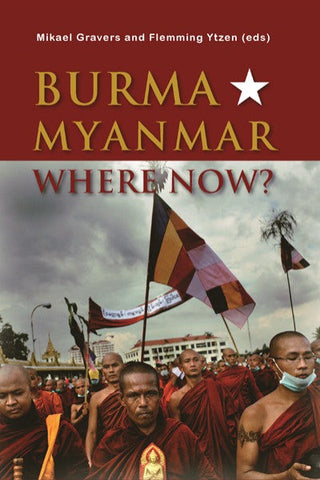
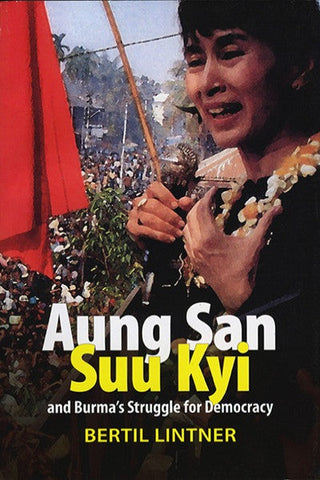
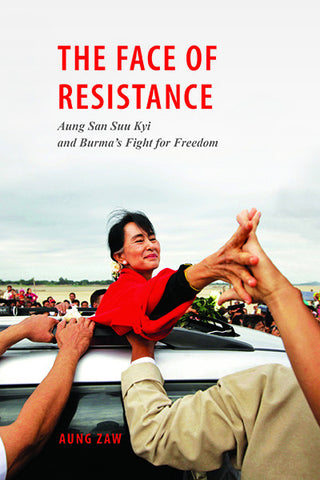
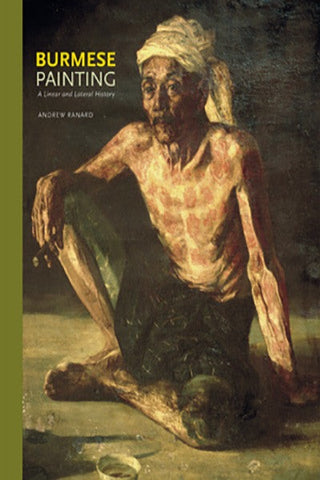
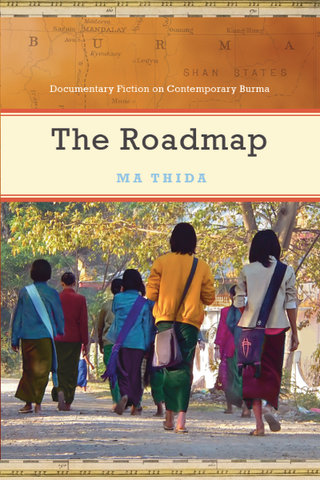

Share this item: